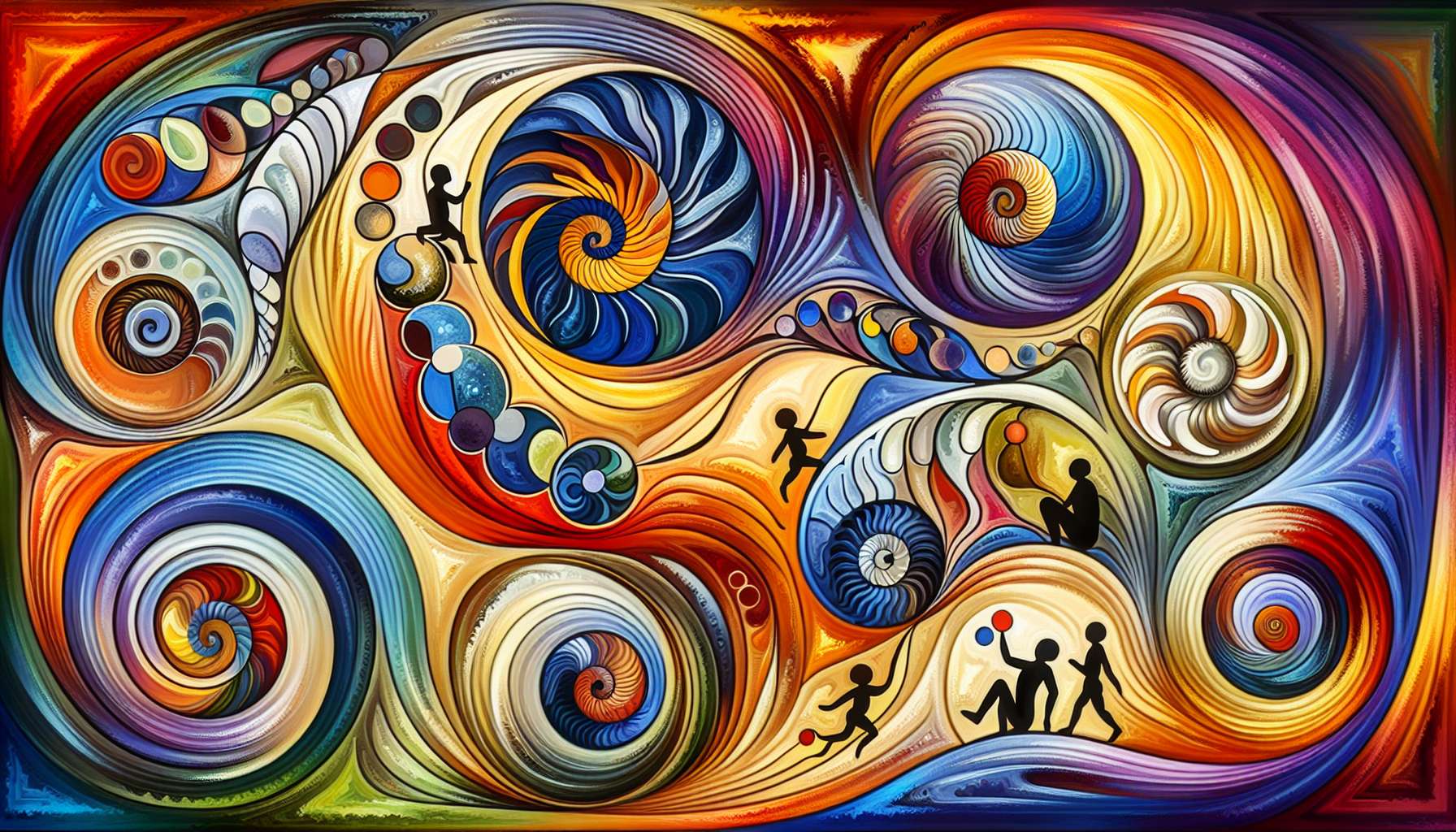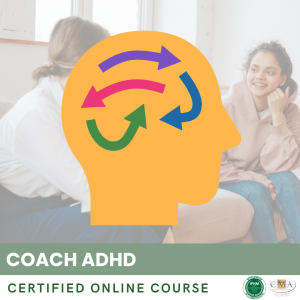After having explored the major currents of psychology, it is essential to look at theories of human development which describe the key stages of our physical, cognitive, emotional, and social evolution. These models offer us a valuable map to understand the challenges and growth opportunities specific to each phase of life.
Sigmund Freud’s theory of psychosexual development proposes that our personality is built through resolving conflicts related to specific erogenous zones. Each stage (oral, anal, phallic, latent, and genital) is associated with specific emotional and relational issues. According to Freud, the way we navigate these stages influences our character and future relationships. For example, weaning too early or abruptly at the oral stage could engender dependent or addictive personality traits in adulthood.
Erik Erikson broadened the Freudian perspective by describing eight psychosocial stages that cover the entire life cycle. Each stage confronts the individual with a specific developmental challenge, such as trust vs mistrust, autonomy vs shame and doubt, intimacy vs isolation, etc. The positive resolution of these crises allows for the development of ego strengths such as hope, will, fidelity, and wisdom. For instance, a young child exploring their environment with the benevolent support of their parents will develop a sense of autonomy and initiative, while overbearing parental control could generate doubts and inhibitions.
Jean Piaget’s theory of cognitive development looks at the evolution of intelligence and logical thinking. Piaget describes four stages: sensorimotor, preoperational, concrete operational, and formal operational. Each stage is characterized by specific reasoning capacities, ranging from the practical intelligence of the infant to the abstract, hypothetico-deductive thought of the adolescent. For example, a child at the preoperational stage will struggle to look beyond their own perspective (intellectual egocentrism), while an adolescent at the formal operational stage can consider multiple possibilities and reason on abstract concepts.
Lawrence Kohlberg delved into moral development, i.e., how we reason in the face of ethical dilemmas. He describes three levels of moral judgment: pre-conventional (based on obedience and self-interest), conventional (based on social expectations and established order), and post-conventional (based on universal ethical principles). Moving from one level to another involves progressive decentering and an increasing ability to consider others’ viewpoints. For instance, a child at the pre-conventional level will obey a rule for fear of punishment, while an adult at the post-conventional level acts according to internalized moral values, even if it goes against societal norms.
Lastly, James Fowler proposes a model of spiritual development that describes the evolution of faith and the sense of transcendence. The six identified stages range from a child’s intuitive, magical faith to a mature adult’s universalizing faith, going through periods of conformity, questioning, and personal commitment. For example, a teenager at the synthetic-conventional faith stage will adhere to the beliefs of their peer group, while an adult at the conjunctive faith stage will be able to integrate paradoxes and appreciate truth in different thought systems.
Even though these theories of development trace common paths, it’s essential to keep in mind that each individual evolves at their own pace and can revisit certain developmental issues at different times in their lives. As Spiritual Healing Coaches, these models provide valuable benchmarks to gauge the needs and challenges of our clients, while honoring the uniqueness of their journey. This understanding of human development allows us to adapt our interventions and provide tailored support, thus promoting harmonious and integrative growth on physical, emotional, mental, and spiritual levels.
Key takeaways:
1. Theories of human development describe the key stages of our physical, cognitive, emotional, and social evolution, providing a precious map to understand the growth challenges and opportunities specific to each life phase.
2. Sigmund Freud’s theory of psychosexual development proposes that our personality is built through the resolution of conflicts tied to specific erogenous zones at each stage (oral, anal, phallic, latent, and genital).
3. Erik Erikson expanded the Freudian perspective with eight psychosocial stages spanning the entire life cycle, each confronting the individual with a specific developmental challenge. Positive resolution of these crises allows for the development of ego strengths.
4. Jean Piaget’s theory of cognitive development concerns the evolution of intelligence and logical thought through four stages: sensorimotor, preoperational, concrete operational, and formal operational.
5. Lawrence Kohlberg explored moral development, depicting three levels of moral judgment: pre-conventional, conventional, and post-conventional, involving progressive decentering and an increasing capacity to consider others’ viewpoints.
6. James Fowler offers a six-stage model of spiritual development, ranging from a child’s intuitive, magical faith to a mature adult’s universalizing faith.
7. Each individual evolves at their own pace and can revisit certain developmental challenges at different life stages.
8. For a Spiritual Healing Coach, these models offer benchmarks to gauge clients’ needs and challenges, enabling tailored interventions and support that promote harmonious and integrative growth across all levels.
👉 To download docx (Editable) file click here : Click here
👉 To download PDF file click here : Click here
👉 To download MP3 file click here : Click here







